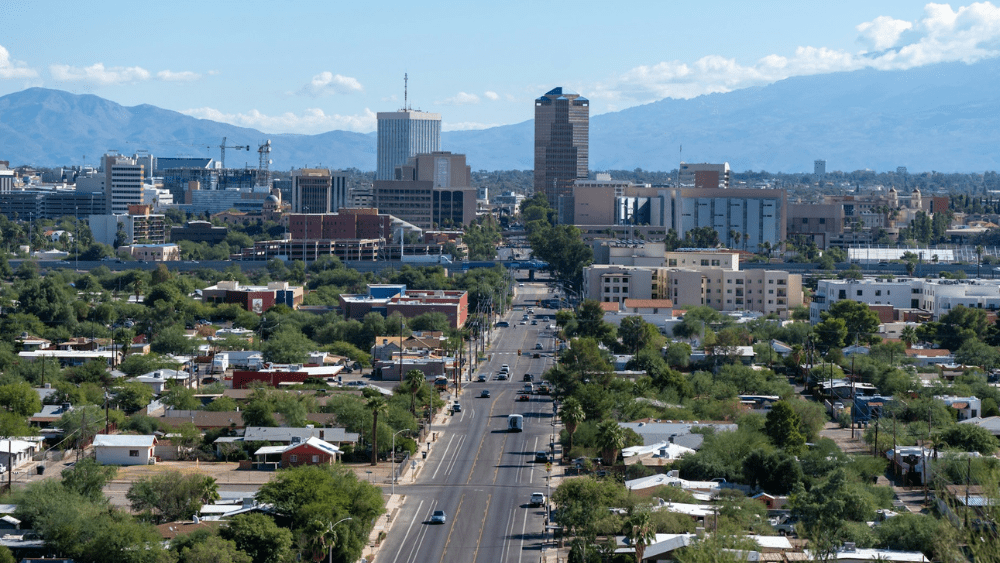
Looking for a quick financing solution for your real estate ventures in Tucson? Whether you’re flipping houses in El Presidio or investing in rental properties in the Sam Hughes neighborhood, hard money loans might be the answer you’re seeking. These loans, known for their flexibility and speed, cater to various needs and can be a game-changer for Tucson investors. In this guide, we’ll explore everything you need to know about hard money loans. From understanding what hard money lenders are to uncovering the costs and alternative options, you’ll find valuable insights tailored to the unique real estate landscape of Tucson. Hard money lenders offer short-term, asset-based loans primarily to real estate investors such as house flippers and those buying rental properties. Unlike traditional lenders, they focus on the property’s value, particularly its after-repair value (ARV), which is the estimated value of the property after renovations. These lenders usually charge higher interest rates and fees to offset the increased risk they take. If a borrower fails to repay, the lender can foreclose on the property. Hard money loans are a practical option for those needing quick, flexible funding solutions to capitalize on lucrative real estate opportunities. Hard money loans in Tucson operate differently than traditional loans, offering unique benefits and challenges for real estate investors. Here’s a detailed look at how these loans work:What is a hard money lender?
How does a hard money loan work?



